Cloud Security:
Datenschutz durch Verschlüsselung
Kompromisslose Sicherheit für Daten in der Cloud
Kein Unternehmen kann sich heutzutage den Vorteilen der Cloud entziehen. Denn Infrastruktur, Geschäftsplattformen und Software-Lösungen werden je länger, je mehr als Cloud-Service angeboten. Allerdings existiert dabei nicht «die» Cloud, sondern verschiedene Sphären innerhalb der Cloud, die von verschiedenen Anbietern betrieben und kontrolliert werden.
Kein Unternehmen kann es sich leisten, beim Wechsel in die Cloud auch nur den kleinsten Kompromiss bei Datenschutz und Sicherheit einzugehen. Deshalb: Sobald entweder die Anwendungen oder die Daten die firmeneigenen Systeme verlassen, wird die Verschlüsselung obligatorisch.
Den Schutz Ihrer Applikationen und Daten vor unerlaubtem Zugriff erreichen Sie nur durch Verschlüsselung. Wenn Aussenstehende die Daten auch nur verwalten oder gar einsehen können, muss der Datenschutz an erster Stelle stehen. Im Idealfall sind die Geschäftsdaten komplett verschlüsselt. Bestenfalls bevor die Daten Ihr Unternehmen verlassen. Die Lösung heisst Centraya von e3.

Centraya Executive Factsheets
Your Subtitle Goes Here
![]() Centraya Executive Factsheet DE
Centraya Executive Factsheet DE
![]() Centraya Executive Factsheet EN
Centraya Executive Factsheet EN
![]() Centraya Executive Factsheet FR
Centraya Executive Factsheet FR
Centraya Professional oder Technical Factsheets erhalten Sie mit Ihrer Registrierung oder Ihrer Anmeldung.
Expertise zu ähnlichen Themen
Informationssicherheit
Data Loss Prevention (DLP)
Wir haben uns seit 20 Jahren dem Schutz vor Datenverlust verschrieben. Unsere massgeschneiderten Data Loss Prevention-Lösungen (DLP) ermöglichen es Unternehmen, ihre Informationskanäle zu überwachen und sich so vor ungewolltem Datenabfluss zu schützen.
» Expertise DLP
Informationssicherheit
Managed Services
Mit der Erfahrung aus über 10 Jahren übernehmen wir neben der Planung und Umsetzung auch den Betrieb Ihrer DLP-, CASB- und CDPG-Lösung für Sie. Auf der Basis eines gemeinsam definierten Service-Katalogs kümmern wir uns um den gesamten Lifecycle der Daten.
» Expertise Managed Services

Centraya – Verschlüsselung made in Switzerland
Der optimale Schutz von Daten auf Plattformen und Applikationen, die von Dritten verwaltet werden, kann nur durch Verschlüsselung erfolgen.
Unsere Partner für Cloud Security



Kontaktieren Sie uns
Wir beraten Sie gerne
Für Ihre Fragen rund um Informationssicherheit und sichere Digitalisierung stehen unsere Experten Ihnen gerne zur Verfügung.


